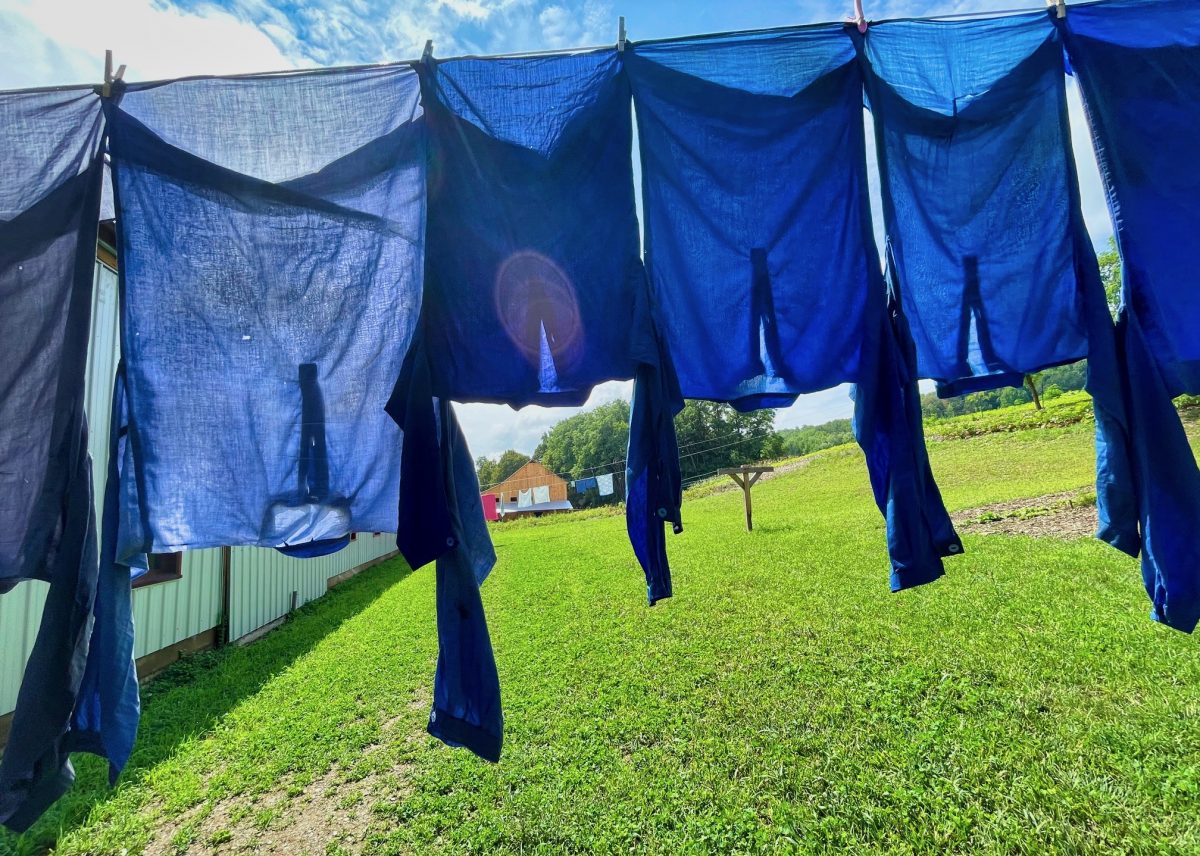I lost two friends recently, and a lot of people wrote me very kindly to say they were sorry for my loss. I notice on social media that this is the most common response people make to someone’s loss, and it’s nice.
In our world, it’s always a gift when we are loving to each other, and too rare.
I twitch sometimes when I see it because of the odd way in which I grieve. I see death very differently from the way most people experience it. I appreciate all of the messages I get, they don’t bother me, except sometimes to make me feel false.
When I was 14, a cousin in my family died, and my family grieved in the Jewish way – seven days of mourning, they covered the mirrors, they wore black, there was handwringing, clothes tearing, sobbing, mounds of food brought by grieving relatives.
It was oppressive, it exhausted me. Was dying about eating and crying and the wringing of hands and lament?
The shivah, as it is called troubled me because I was close to my cousin and I felt he was completely lost in the days of food and sadness, in the crowds, the food, the crying.
The shivah is an ancient tradition in Judaism and I respect it, it works beautifully and powerfully for many people.
I have no interest in dismissing anybody’s tradition, we each have to make our own choices, and the ritual of shivah has lasted a lot longer than I have and is dear to many people.
But it did not work for me.
Everyone has the right to grieve in their own way, I never tell anyone when to grieve or say enough is enough. It’s different for all of us. I lost two children when they were very young, and I grieve for them still, in part because they got to live very little of their lives.
Secretly, I had begun attending a nearby Quaker Meeting when I was a teenager, and I was powerfully drawn to the quiet and the Quaker tradition of celebrating life, rather than mourning a death.
This made an enormous impression on me. They talked about the person who died, laughed, traded stories. I left with a good feeling after a memorial service, not a sad one.
It was the way I was looking for.
At the next meeting, I stood up and spoke of my cousin, an athlete who could throw a baseball through a small ring 50 yards away.
I could never match this feat, but Kenny was always kind and thoughtful to me. He would move the ring up until I could at least throw the baseball near it, praising me and clapping his hands.
As a gawky kid often ridiculed for my clumsiness, it meant a lot to me. It spoke of Kenny’s kindness and big heart.
I had no way of telling that story in the shivah, and I was so relieved to tell it in the Quaker Meeting. I turned away from Jewish and other religious rituals and am thinking of this as Maria and I prepare to go to a funeral ceremony for our friend Mary Kellogg.
The Quaker Meetings opened up a new way to look at grieving. People live the lives they are meant to live, sometimes they are long, sometimes short, sometimes full of joy, sometimes not.
I hope to celebrate Mary’s life, it was full of joy and meaning and friendship and family. She had her rough spots and troubles, as we all do, but I am not grieving for her.
I don’t wish to control what people say any more than I wish to be controlled. It’s my responsibility to be gracious and accepting, not something I am always good at.
But as I’m speaking at Mary’s funeral, it’s important I think about her death.
I am grateful for Mary. I choose to celebrate her life. I accept death as a part of death, not an awful shock.
People should send me whatever messages they want and I will accept them in the spirit in which they are sent, but there is really nothing about Mary’s life and friendship for me to be sorry about.
She lived a very long time and had a very good time. She was a great friend to me. I will miss her, I will not grieve for her, nor would she ever want that.


I think it is so important to speak about loved ones who have died, to share stories, and especially say their name. We are a grief-illiterate culture. My son died by suicide 11 years ago tomorrow. I still carry sadness that he is gone and my life is filled with joy, love and purpose. Thank you for your courage and vulnerability in sharing your thoughts and feelings.
Godspeed Mary
I was at a funeral for a friend, who had died after a long decline with dementia. Someone said that his death was a blessing. A friend of mine gave the best reply. He said: “You are wrong. His life was the blessing, his death was a mercy.” I have never heard anything better at a funeral.
My Moravian tradition is to celebrate the person’s life as you describe the Quaker practice, We look on death as a going home and one way a loved ones passing is sometimes told as “He/she has entered into the more immediate presence of the Savior.” My condolences on your loss.
Jon, I think that your hospice work has helped you to see death differently, and in a very healthy way. One thing that I know in my bones is that there are far worse things than death. I don’t fear death – I see it as a transition to a different form. Thank you for sharing your love of Mary with us.